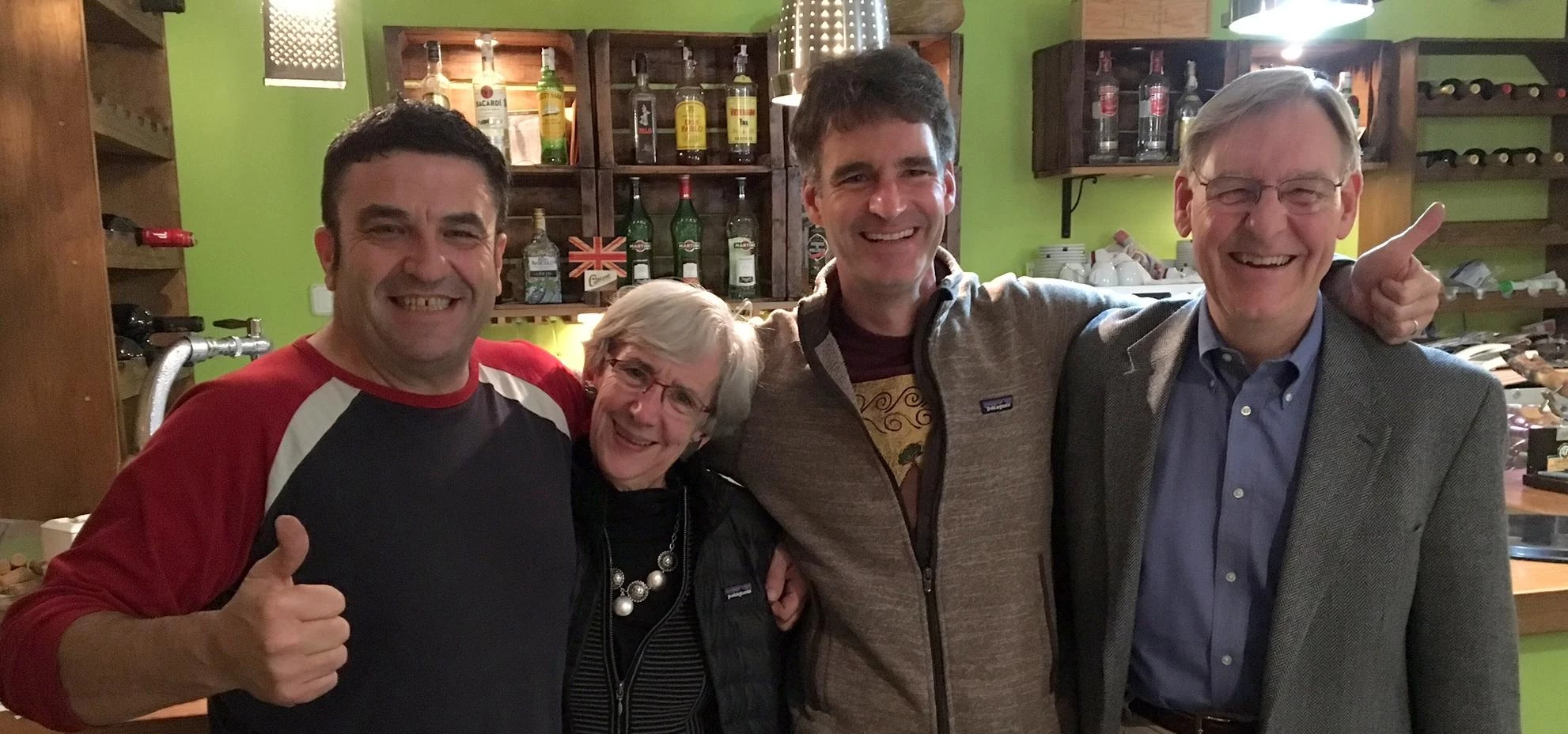
Partner Article
Things to Consider for Independent Living of Seniors
With age we all encounter some common problems such as degrading vision and memory; such problems act as impediments to performing certain tasks like driving, housekeeping, managing bills, cooking, or doing activities of daily living (ADL). Hence, help with these tasks becomes quite imminent. They are several senior housing options available, but most seniors prefer aging at home and refrain from adjusting to a new environment. If your loved one is not suffering from a serious medical condition, then in-home senior care services are more than adequate to ensure that your loved one stays at home comfortably and safely.
Apart from outside help, there are many smaller issues that must be addressed before making a decision regarding independent living. It is important to understand that most houses are not built taking into account the needs of elders. Hence, it is imperative to make suitable home improvements such as installing chairlift, grab bars (bathroom/toilet/stairs), or ramps; removing obstructions like wires/furniture/decoration items to provide straight path to kitchen, bathroom, living room, hallway, etc.; making sure that there are no slippery areas that may cause fall injuries; and ensuring that there are no dark areas in the house.
Social isolation is a common characteristic observed in many seniors and over time it also leads to physical and psychological problems such as malnutrition (avoiding shopping & skipping meals), lack of hygiene, depression, etc. Before deciding on in-home care, take into account how frequently you can visit your loved one; distance of church, local grocery store, senior center, etc. from the house; driving ability your loved one, especially at night; and his/her changing behavior that may lead to social isolation.
In-home senior care is mostly concerned with personal care services that help seniors with activities of daily living, though, companionship that helps with instrumental ADL is also crucial to provide complete care. If needed, basic medical services could also be given with the non-medical services (personal care & companionship) and they are provided by licensed practical nurses (LPNs), and registered nurses (RNs). Personal care services include bathing, grooming, maintaining hygiene, mobility assistance, transferring & positioning, toilet assistance, incontinence care, etc. Companionship, helping with instrumental ADL, includes meal preparation, transportation assistance, housekeeping, laundry, running errands, engaging recipients in mental activities, giving reminders to take medication, assisting with reading, etc.
Home monitoring systems are quite helpful in ensuring safety and security of seniors which provide family members peace of mind that their loved one is safe. Medical alert systems that in case of an emergency call a nearby hospital, contact other people who are on the senior’s emergency contact list, and share health & medication history with emergency responders, prove to be critical in saving lives.
Get more about In-home senior care information & services at Comfort Keepers.
This was posted in Bdaily's Members' News section by vinay singh .
Enjoy the read? Get Bdaily delivered.
Sign up to receive our daily bulletin, sent to your inbox, for free.








 Raising the bar to boost North East growth
Raising the bar to boost North East growth
 Navigating the messy middle of business growth
Navigating the messy middle of business growth
 We must make it easier to hire young people
We must make it easier to hire young people
 Why community-based care is key to NHS' future
Why community-based care is key to NHS' future
 Culture, confidence and creativity in the North East
Culture, confidence and creativity in the North East
 Putting in the groundwork to boost skills
Putting in the groundwork to boost skills
 £100,000 milestone drives forward STEM work
£100,000 milestone drives forward STEM work
 Restoring confidence for the economic road ahead
Restoring confidence for the economic road ahead
 Ready to scale? Buy-and-build offers opportunity
Ready to scale? Buy-and-build offers opportunity
 When will our regional economy grow?
When will our regional economy grow?
 Creating a thriving North East construction sector
Creating a thriving North East construction sector
 Why investors are still backing the North East
Why investors are still backing the North East